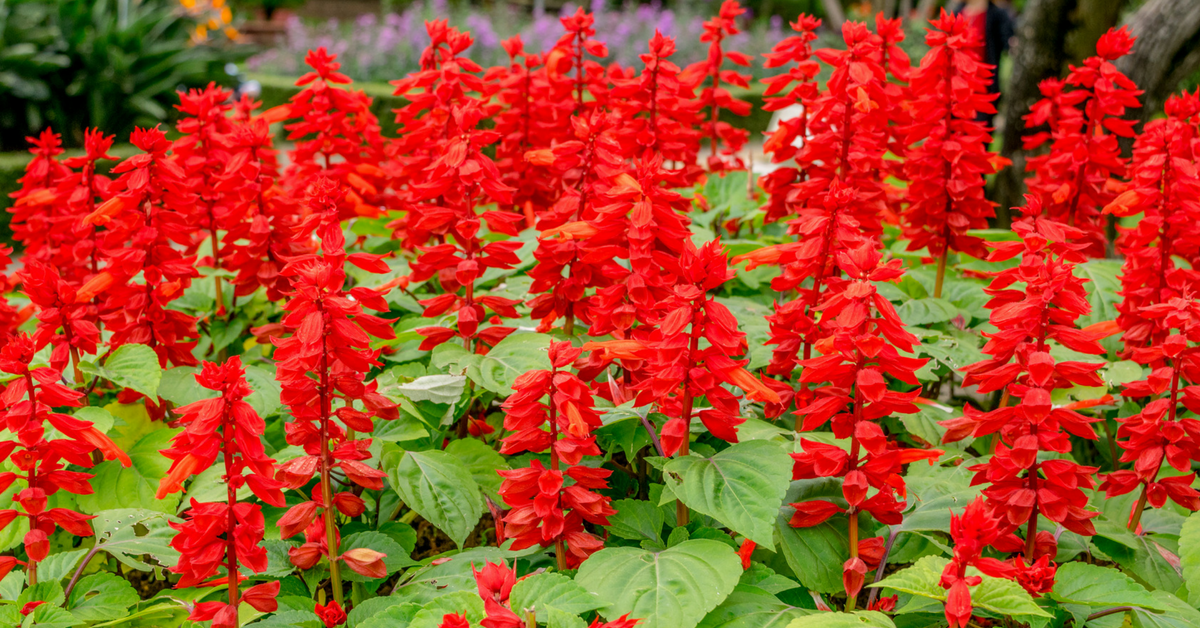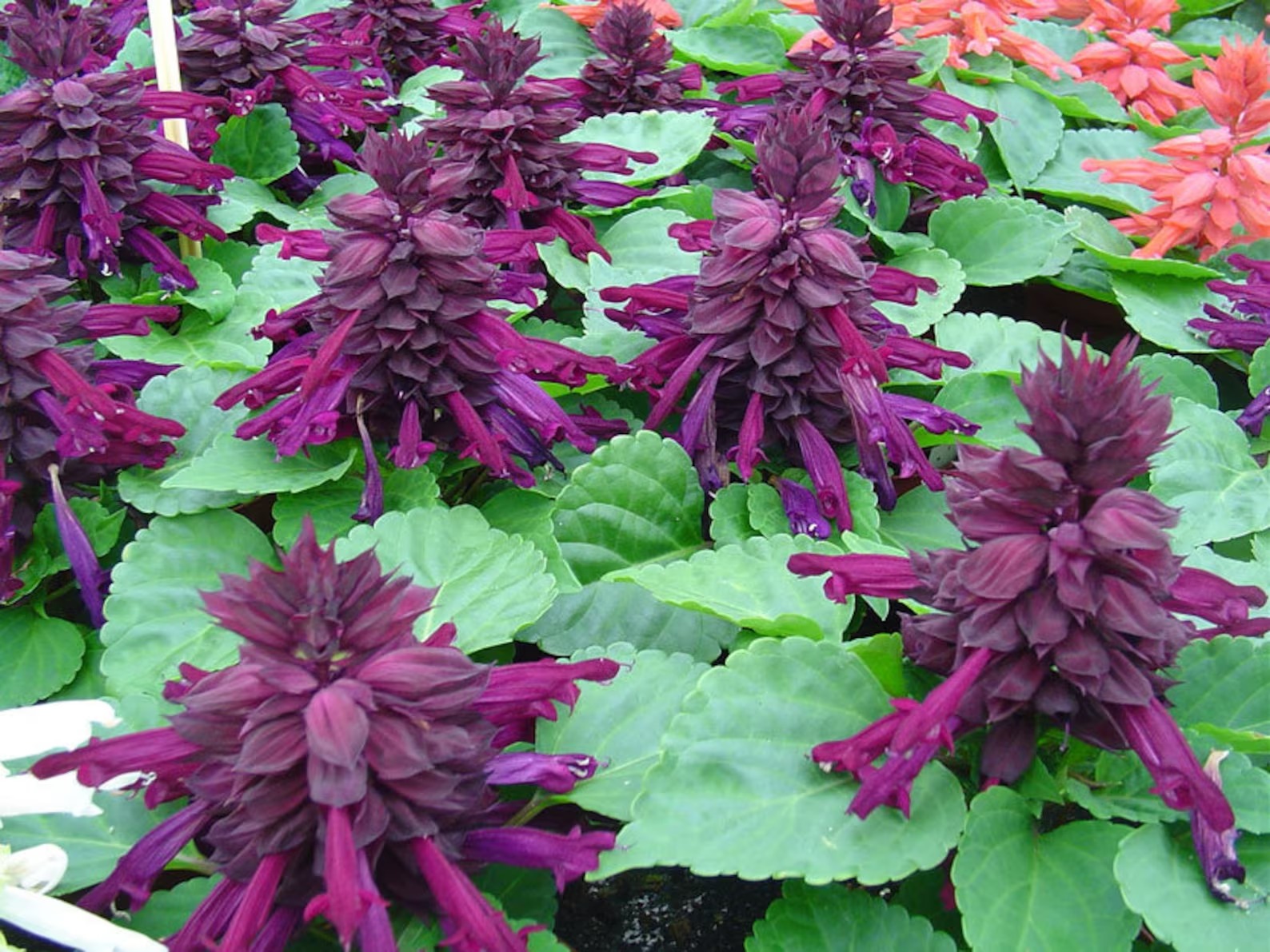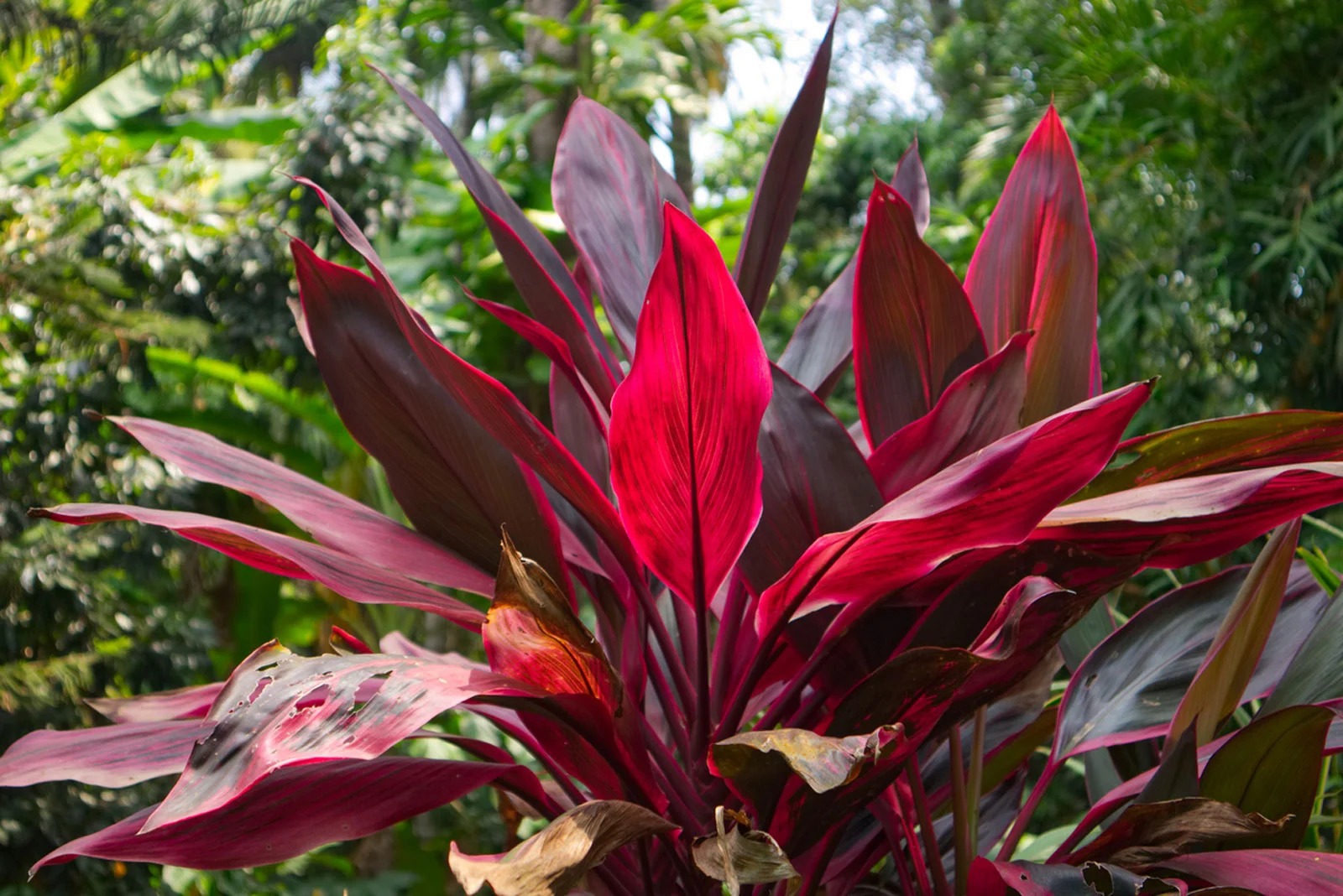What Kind of Soil Do Begonia Tubers Like?
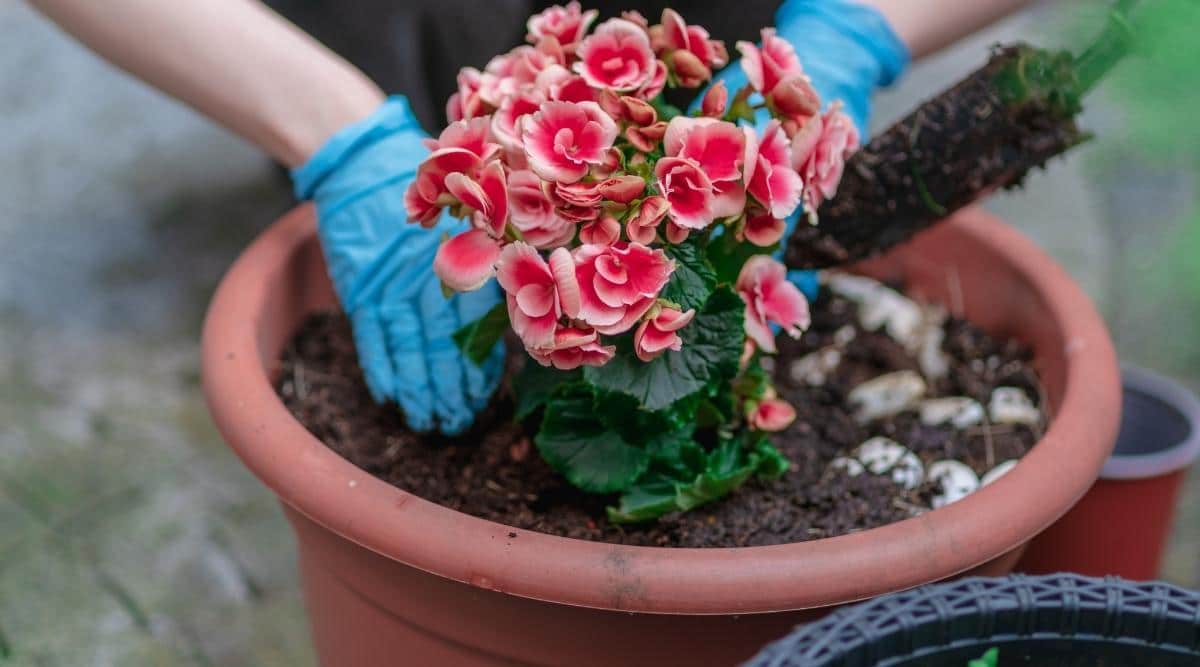
Table of Contents
With their vibrant and lush foliage, Begonias is a popular choice among gardeners and indoor plant enthusiasts. These charming plants are known for their versatility but only bloom in a specific soil type and condition. So, if you want to plant beautiful Begonias in your backyard, you are at the right place!
This article will guide you on what kind of soil Begonia Tubers prefer and how to create the perfect soil environment for your Begonia’s growth and overall health. The article also explores how many begonia tubers are in a hanging basket for gardeners with less space and soil.
So join us as we share expert tips on growing vibrant Begonias and increasing the visual aesthetics of your homes and gardens!
Understanding the Begonia Tubers
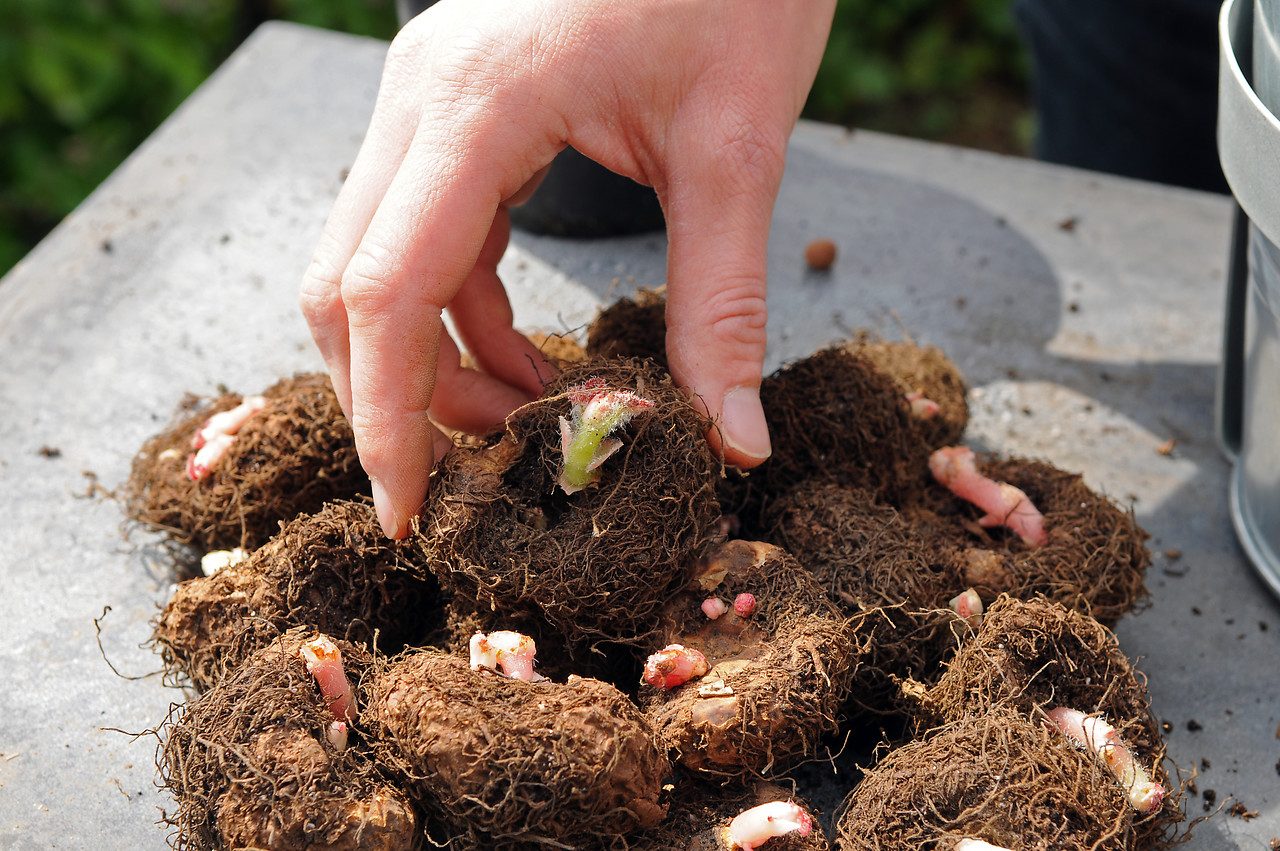
Begonia tubers are the underground storage organs of begonia plants, playing a vital role in their growth cycle. These fleshy, bulb-like structures serve as a source of energy and nutrients, enabling Begonias to survive adverse conditions and thrive in varying environments. These specialized structures develop underground as a response to seasonal change.
During the growing season, Begonias utilize these tubers to store nutrients and water for adverse conditions like winter or drought. As the seasons change, Begonia plants typically enter a dormant phase where they rely on the energy stored in the tubers for survival and growth. When the weather or growing conditions become favorable again, new shoots emerge from the tubers, and the new cycle starts.
The type of soil you choose for Begonia tubers significantly influences their development. Proper soil provides the right balance of nutrients, aeration, and moisture retention, which is necessary for their growth. Understanding the role of soil in tuber development is the key to ensuring your Begonias thrive and produce beautiful blooms!
Characteristics of Ideal Begonia Soil
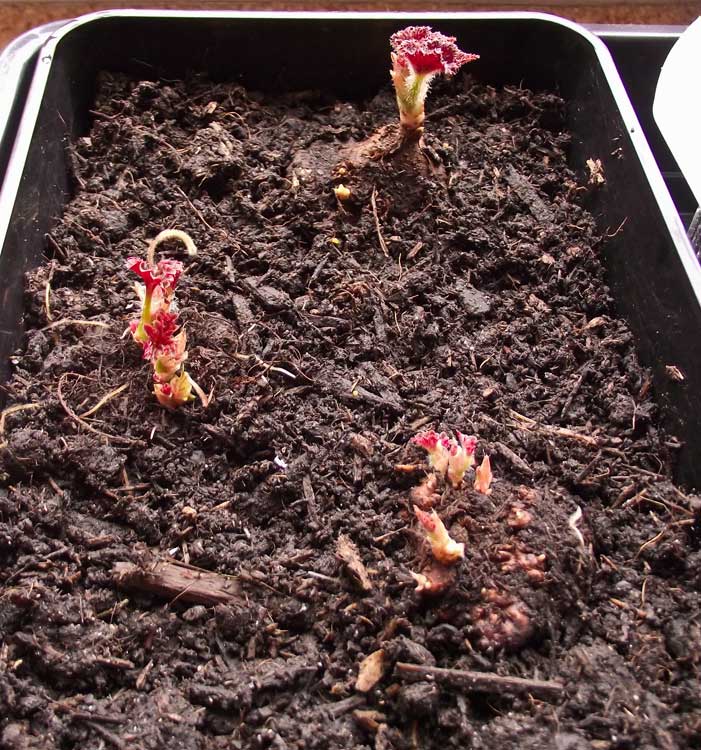
Creating the perfect soil environment for Begonia tubers is necessary for their overall health and vitality. You need to understand the key characteristics of the ideal Begonia soil for successful cultivation. Some of the major features of the ideal Begonia soil are mentioned below.
1. Soil Texture and Structure
Begonia tubers thrive in well-draining with a loose, friable texture. Sandy loam or loamy soil types are generally ideal, as they allow for proper root development and water infiltration while preventing waterlogged conditions.
2. pH Levels and their Impact
Maintaining the right pH level is crucial. Begonias prefer slightly acidic to neutral soil, with a pH range of 6.0 to 7.0. Soil pH impacts nutrient availability, and maintaining the correct range ensures optimal nutrient uptake by the plants.
3. Organic Matter and Nutrients
Begonias benefit from the soil that is rich in organic matter and nutrients. You can amend the soil’s organic matter and nutrients by adding compost or well-rotted organic materials. It encourages beneficial soil microorganisms and improves moisture retention.
4. Drainage and Aeration Requirements
Proper drainage and aeration are non-negotiable for cultivating Begonias as they are susceptible to rot in waterlogged soil. Ensure good drainage by amending heavy soils, adding perlite, or creating raised beds. Adequate aeration allows oxygen to reach the roots and promotes healthy growth.
Tips to Prepare the Ideal Soil for Begonias
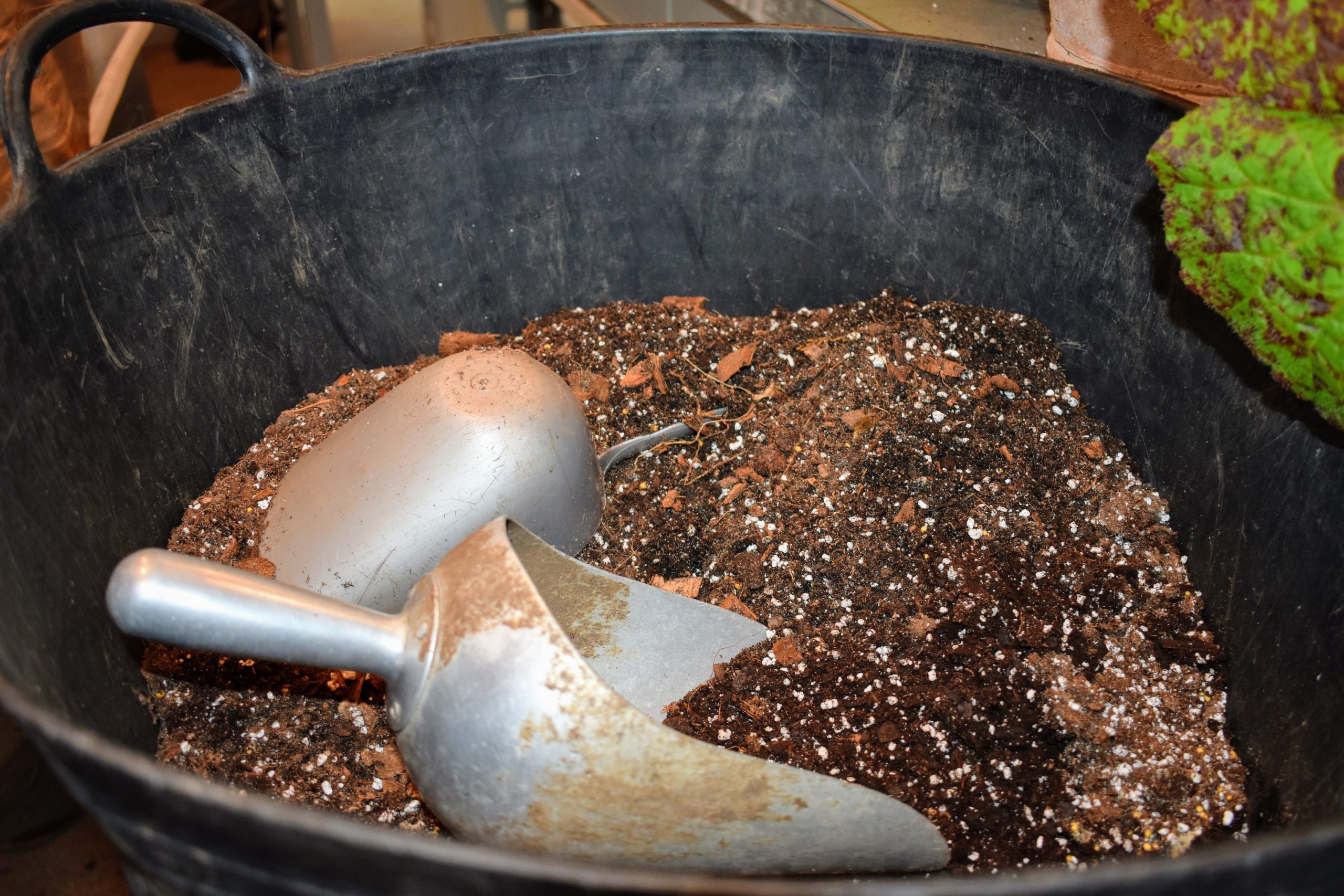
Before planting, conduct a soil test to determine its pH and nutrient levels. This analysis will draw insights for any required adjustments necessary for thriving Begonias. Based on your soil analysis, amend the soil accordingly.
Adjust pH levels with lime or sulfur as needed, and enrich the soil with organic matter like compost or well-rotted manure. These amendments enhance nutrient content, improve water retention, and create a fertile foundation for your Begonias. It is also recommended to sterilize the soil to protect Begonia tubers from soil-borne diseases.
This process will eliminate harmful pathogens and pests that can compromise the plant’s health. You can use pasteurization or solarization methods for optimal results. Additionally, practice good sanitation by removing debris or diseased plant material from the planting area to prevent future issues.
Maintenance and Growth Tips for Begonia Tubers
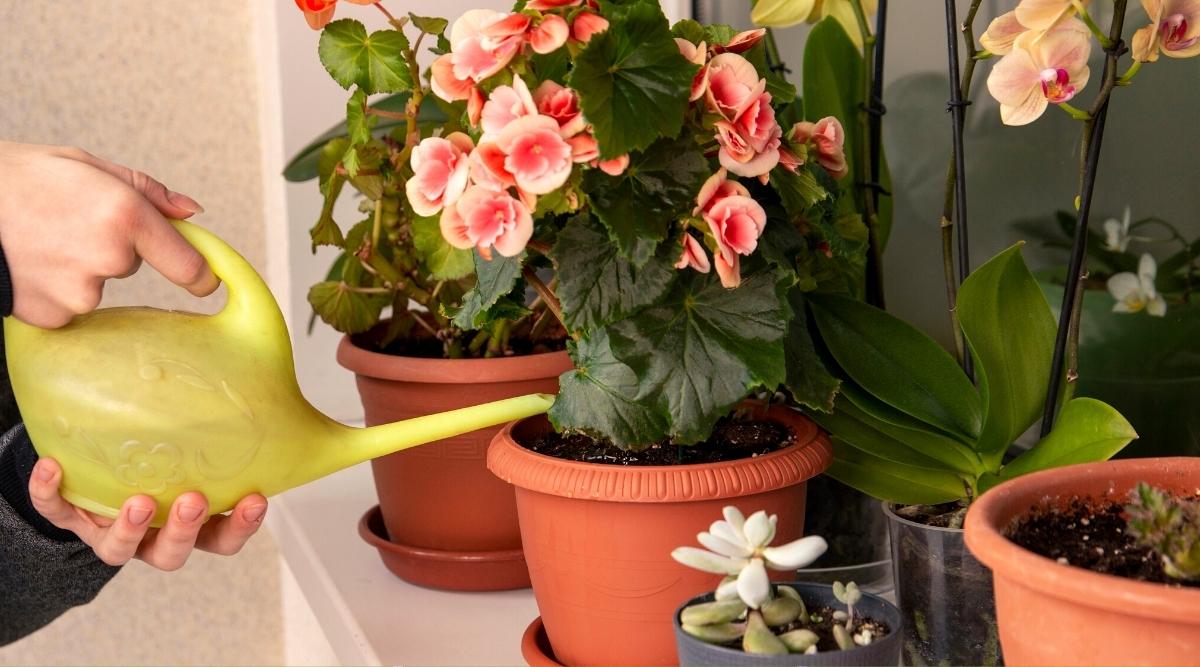
Once your Begonias are planted in the right soil, their care remains critical for robust growth and vibrant blooms. Some of the expert-recommended tips for maintaining and growing Begonias are listed below:
- Regularly fertilize Begonias with a balanced, water-soluble fertilizer. Start fertilizing when new growth appears and continue throughout the growing season. You must follow the package instructions as given by the manufacturer to avoid over-fertilization.
- Apply mulch to retain moisture, suppress weeds, and regulate soil temperature. Keep the area around your Begonias weed-free to prevent competition for nutrients and water.
- You should regularly inspect your Begonias for any signs of stress, pest infestations, or diseases. Early detection allows for prompt treatment and healthier plants. Proper maintenance ensures your Begonias will flourish with grace and beauty.
Conclusion
In our journey to uncover the secrets of Begonia tuber cultivation, we have explored vital aspects that can make a difference between a thriving garden and one filled with challenges. For planting healthy Begonias, remember the essentials, including the right soil, proper planting depth, and consistent care. You should choose a well-draining, slightly acidic soil and a nourishing environment for your Begonia tubers.
The foundation of healthy Begonias lies in the soil. By giving it the attention it deserves, you are not only ensuring the well-being of your plant but also fostering a deeper connection with nature and gardening.
Embrace the joy of nurturing these remarkable plants and watch your Begonias flourish year after year. Happy Gardening!


